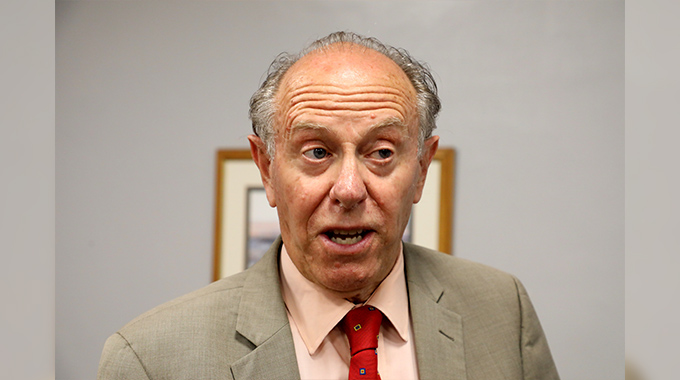SA should abandon nuclear programme
seriously, and abandon all nuclear plans for our country,” says Earthlife Africa Cape Town in response to the impact of the Japanese earthquake on that country’s nuclear power stations.
“Given that proposed sites are all along the coast, we believe that this gamble is unacceptable. Not only are sustainable and safe alternatives cheaper than nuclear power, but they are also better solutions to the creation of decent work and energy security, as well as the best solutions to limit climate change.”
The massive explosion following a cooling problem at one Fukushima’s nuclear reactors, Daiichi, has not only released radiation and other toxic compounds, but has created an untenable situation for workers at Fukushima’s other nuclear reactors nearby, called Daini, especially given that a state of emergency has been declared for five reactors at the two plants. Latest news is that a hydrogen explosion is now possible at the No 3 reactor at Fukushima 1.
“Workers are being exposed to the ‘allowable’ annual dose of radiation every hour that they remain on site. Our hearts go out to them,’ said Muna Lakhani, co-ordinator of Earthlife Africa’s Unplug Nuclear 1 campaign.
“The danger is not over. There are fears of another explosion as the cooling system at a second reactor has also failed, as of Sunday morning.
“The measuring of Caesium at the plant indicates that a meltdown has indeed taken place, which raises the levels of radiation released to catastrophic proportions’ suggested Lakhani. Latest news on Sunday confirms fears of a multiple meltdown.The reactors have all been shut down. The reactor core remains hot for days after shutdown, however, so workers have been busy ensuring that the fuel rods do not melt down.
“For this the cooling systems need to be operational requiring a power source. The quake has disrupted the backup supplies of power including diesel generators. The IAEA supplied batteries and coolant in the interim.
“They are now flushing the highly radioactive core with seawater which will cause massive seawater contamination whilst preventing a full scale Chernobyl type meltdown.
“This is an act of desperation and unprecedented. Platitudes by the Japanese government and nuclear industry suggesting that the radiation threat is minimal must be treated with great caution, as reports confirm that not only has the containment been breached, and that ‘venting’ is taking place, but also that radiation levels at about 1000 higher than normal have been measured.
“The 24 hour monitoring that is supposed to happen as a matter of course, has been shutdown (www/nu/pamp/index-j.html) – Japanese activists suggest that this is so that the public and the world at large will not be told how much radiation has and is being released”, said Gray Maguire, ELA branch secretary.
It took local activists many hours to get the exclusion zone expanded from the initial 10km to 20km, which, while not completely safe, helps limit harm to local residents.
“We call upon the nuclear industry, and the South African government, to take this disaster seriously, and abandon all nuclear plans for our country.
“Given that proposed sites are all along the coast, we believe that this gamble is unacceptable. “Not only are sustainable and safe alternatives cheaper than nuclear power, but they are also better solutions to the creation of decent work and energy security, as well as the best solutions to limit climate change,” Lakhani states.
The public should note that our existing nuclear power plant Koeberg is on a geological fault on the Cape Fold Belt with the last destructive large earthquake occurring in 1809.
Interesting also is that if we were to apply the 20km exclusion/evacuation zone (which has been applied to Fukushima) to Koeberg this would mean evacuating most of Cape Town. South Africa is considering a ‘fleet’ of nuclear reactors, at Thyspunt, Bantamklip and additional reactors at Koeberg, at a potential cost of hundreds of billions of Rands. Yje National Nuclear Regulator has also come under fire, for not mobilising a ‘hazmat’ team, with local activists questioning their ability to respond to a disaster at Koeberg.”
Earthlife Africa Cape Town/Pambazuka news










Comments